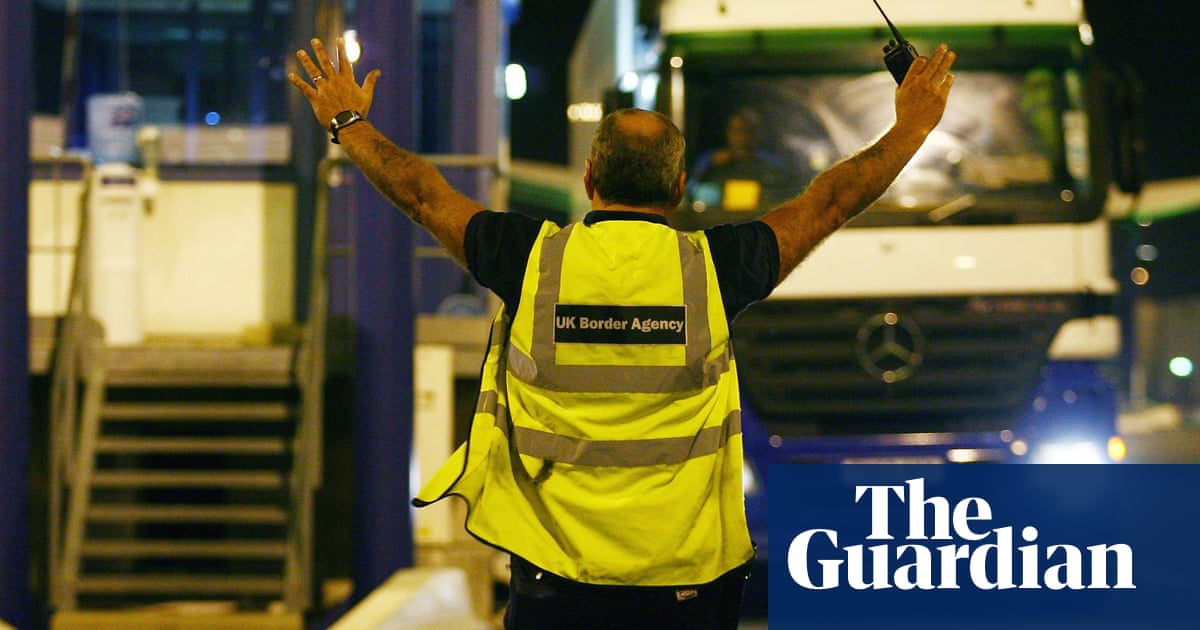- The BBC has broadcast the Radio Teleswitch Service (RTS) since the 1980s
- The decision to close RTS has been taken by Energy UK as the system reaches the end of its operational life
The BBC will stop transmitting a 40-year-old long-wave radio service which will force almost a million household to switch to smart meters or risk paying higher heating bills.
Since the late 1980s, the BBC has broadcast the Radio Teleswitch Service (RTS) which tells meters across the country when to change their fees from high to low.
Around 900,000 households, mostly those that are off the gas network and use electricity for heating and hot water, use tariffs such as Economy 7 or Economy 10 which offer cheaper power at night.
The signal is broadcast from a BBC transmitter at Droitwich in Worcestershire telling meters across the whole of the UK when to switch tariffs on and off.
However, as the 40-year-old RTS system reaches the end of its operational life, the system will be turned off by June 2025. Which means customers will have to switch to smart meters to keep their payment plans.
The decision to cease transmission of RTS has been taken by Energy UK due to the infrastructure now being outdated.
According to The Telegraph, the BBC’s plan to end all long wave transmissions is in part because they use up a lot of energy to broadcast and are not as good quality as FM.
All radio transmissions currently broadcast on long wave radio will end on March 31 this year and from April 1 be transmitted over FM and digital radio.
Smart meters remain controversial due to privacy concerns over how the data they collect is used. In December last year, it was estimated 2.7million smart meters were not working properly with some customers being charged as much as £900 without warning.
The many customers who use RTS systems, including 304,000 just in London and the south of England, are being urged to switch as soon as possible to avoid a backlog.
Dhara Vyas, Energy UK’s deputy chief executive, said: ‘Doing so in good time will minimise the disruption, help ensure a smooth upgrade to a smart meter and mean that customers continue to enjoy the benefits they currently get from RTS.’
Ofgem have warned that many customers may not even be aware their meters use RTS.
A spokesperson for the watchdog said: ‘Ofgem has made clear its expectation that all RTS meters must be replaced with smart meters at least three to four months before the RTS close down date, and suppliers should not delay this work any further.
‘Smart meters bring immediate benefits for customers, helping them to access more competitive tariffs. It also makes it easier for suppliers to spot when households might be struggling with bills and offer support such as emergency credit.
‘We have written to suppliers to raise our concerns about the slower progress of installations for smart prepayment meters, and the potential impact of that on vulnerable households.’

Robert Johnson is a UK-based business writer specializing in finance and entrepreneurship. With an eye for market trends and a keen interest in the corporate world, he offers readers valuable insights into business developments.








